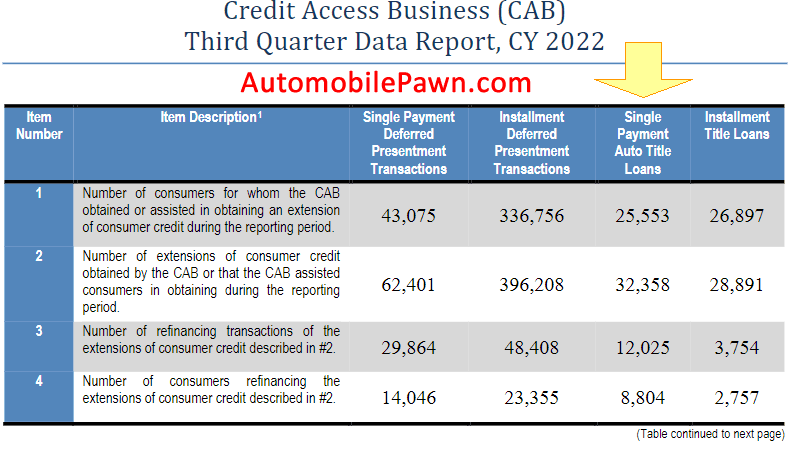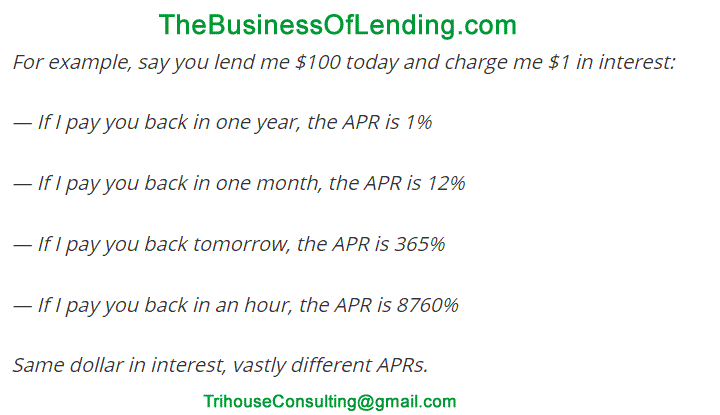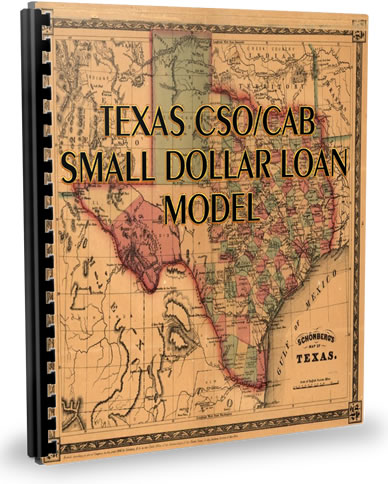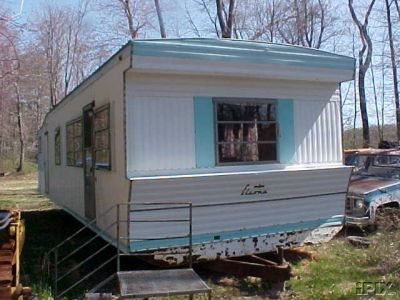Attention Car title loan lenders! there's a new kid in town!! [Link below]
As an industry expert, having launched and invested in car title loan businesses, I know that the car title loan industry generates billions of dollars in revenue each year.
For example, in Texas, nearly 26,000 car title loans were originated YTD [Year to Date].

A car title loan business can be very profitable! Title loans enable consumers with poor credit to access cash fast with almost zero hassle.
Consumers borrow money using their vehicles as collateral. These types of loans are typically high-interest and have short repayment periods.
Title loan lenders typically charge their borrowers $15 – $30 per $100 borrowed.
Title loan principals average between $500 and $5000. The term of these loans is usually 30 days.
For example, a $1000 car title loan having a 30-day term at $20/$100 = $200 in fees. The total loan principal and fees paid by the car title loan customer equals $1200.
It’s not uncommon for these borrowers to “extend” their loans beyond the 30-day term. [Refer to the Texas OCCC stats above.]
The interest rates – as measured by the Annual Percentage Rate [APR] – on these loans can be quite high, with some companies charging annual percentage rates (APRs) of 300% or more.
APRs are Just not the way!
But APRs don’t tell the real story. They’re a poor measurement for determining the cost and appropriateness of a car title loan! [Or a Payday Loan for that matter!]

The fees paid by customers of car title loan businesses can result in significant profits for a car title loan lender employing the latest 3rd-party vendors and platforms that provide:
IBV [Instant Bank Verification]
IWV [Instant Wage Verification]
A strong loan management software solution [LMS]
Various other underwriting tools, funding mechanisms, and collection systems.
It’s important to note that car title loans carry a high risk for borrowers.
Many borrowers cannot repay the loan on time and can lose their vehicle as a result.
Typically, title loan lenders accommodate their clients in every way possible to avoid repossessions! After all, lenders don’t want the vehicles.
In Texas, the car title loan industry is regulated by the Office of Consumer Credit Commissioner (OCCC).
Lenders are required to disclose the terms of the loan, including the APR, to borrowers. The OCCC also sets limits on the amount that can be borrowed and the length of the loan. Texas car title loan lenders generally use the Texas CAB/CSO Model for offering loans online and in storefront locations.
It is important to comply with all state regulations, be transparent with borrowers and make sure they understand the terms and risks of the loan before signing any agreement.





